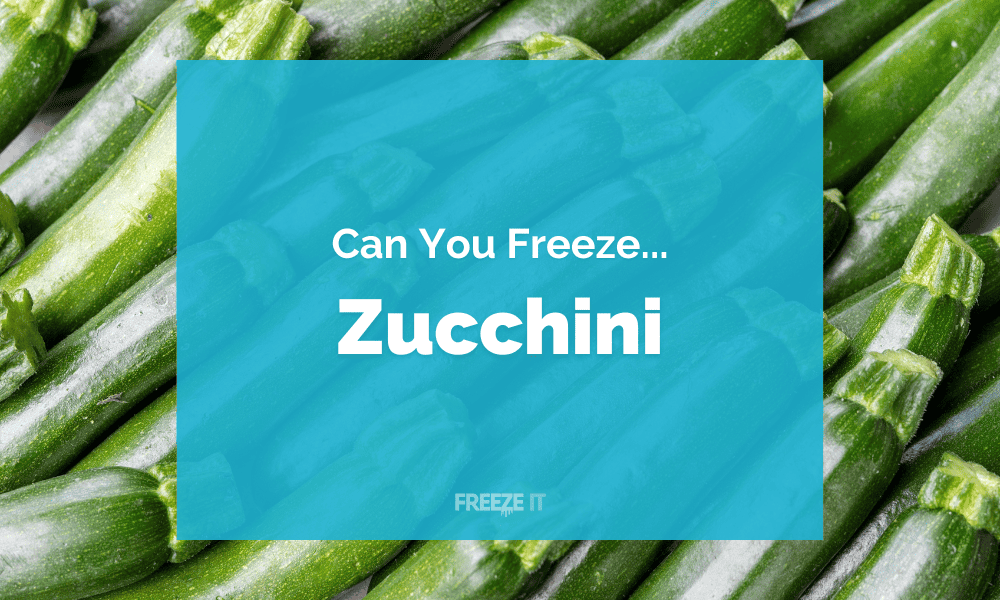Dive into the vibrant variety of our ‘Seasonal Foods’ category, where we celebrate the ebb and flow of nature’s bounty all year round. Whether you want to savor the sweetness of summer berries in the frost of winter or enjoy autumn’s pumpkin flavors in the spring, we’re here with foolproof freezing techniques.
Learn how to freeze the best of each season’s harvest, ensuring that no matter the month, you can indulge in the flavors that make each season special.
All Seasonal Foods Freezing Guides
Frequently Asked Questions
Frozen grapes can be a refreshing snack, but upon defrosting, they turn into soggy lumps. It's best to freeze grapes only if you plan to use them in cooking, as they won't retain their fresh texture when eaten raw after thawing.
Yes, it is perfectly fine to freeze seasoned meat. Whether it's store-bought pre-marinated or seasoned at home, you can freeze it as long as the raw ingredients are within their expiration dates.
Absolutely. Freezing vegetables at their seasonal peak allows you to enjoy their rich flavors later on in a variety of dishes, from soups to stir-fries and pies.
Some seasonings such as pepper, cloves, garlic, and green pepper may become overly strong or bitter when frozen. Onion and paprika can alter in flavor, while celery seasonings intensify. Curry may develop an off-flavor.
- Fresh fruits, vegetables, and herbs
- Stocks and soups
- Hot and cold sauces (e.g., marinara and pesto)
- Chili and stews
- Baked pasta dishes
- Cookie dough (freeze in ball form)
- Baked brownies
- Bread, rolls, and flour tortillas
For optimal freezer storage, whole chickens or turkeys, beef steaks, and roasts, as well as eggs removed from their shells, can last up to a year when properly stored.













